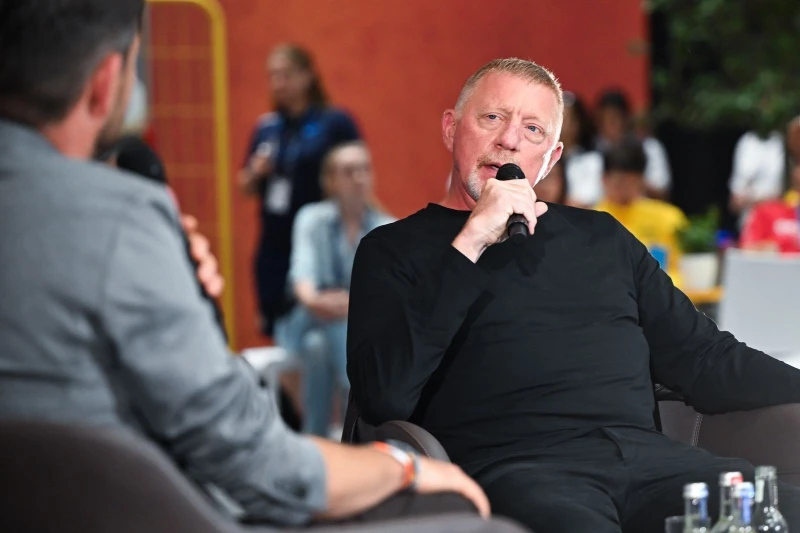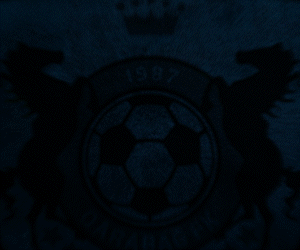

 Idman.biz
Idman.biz
Boris Becker, a multiple winner of the "Grand Slam" tennis tournaments, visited the "Messe Esse" exhibition center, where the Universiade competitions are held, with the participation of the Azerbaijani team.
Idman.biz's correspondent, who was sent to Germany, reports that the German sports legend spoke about the difficulties he faced during his career and the psychological pressures faced by world sports stars.
According to Becker, to become better, one must work on one's weaknesses: "We are not computers that work when a button is pressed - each of us has feelings, hopes and doubts.
Speaking openly can often be an important step. Previously, the expression of weakness and fear was considered taboo. Today, however, accepting weaknesses is becoming increasingly important. To become better, one must work on one's weaknesses."
During his magnificent career, the coach played the role of both rival and psychotherapist for Becker. After winning Wimbledon as a teenager in 1985, he said how his life had changed and that he needed support to adapt to this change: "It is impossible to prepare for everything that will come your way at the age of 17. If I hadn't won the final at such a young age, it might have been more beneficial for my mind, body and soul. I am somehow guilty of all these scars."
With all his current experience, Becker would give both his younger self and the student athletes who will succeed at the Universiade one piece of advice - take a break: "There are stages in a sports career when you reach the limit of your capabilities and then you don't know what to do. At that moment, it is important to press the '"stop" button and take a deep breath. When you win successive victories at a young age, the biggest problem is maintaining this level for a long time.
Sometimes there are defeats that you have to accept - the opponent was better than you. This is difficult because, especially in your twenties, you think you are perfect. But that is not the case. The sooner you accept this, the stronger you become."
Currently working as an expert, TV commentator and tennis analyst, Becker has won a total of six Grand Slam tournaments in his career, including three Wimbledons. After ending his professional career in 1999, he coached leading tennis players such as Novak Djokovic (Serbia), Holger Rune (Denmark) and, for a short time, Misha Zverev (Germany).
According to Becker, it is important to continue developing and take time to rediscover yourself even after a sports career: "Previously my stage was the tennis court, now it is television. If I am commenting on a major tennis tournament, I will definitely comment on the final. It's a nice feeling."
Sport brings people together, and for Becker, that is also the goal of the World University Games: "There are 8,000 athletes here and everyone is friendly to each other. What God we believe in, the color of our skin, our height, our weight may be different - but we are all athletes and we fight hard on the court. But then we shake each other's hands."
Idman.biz
